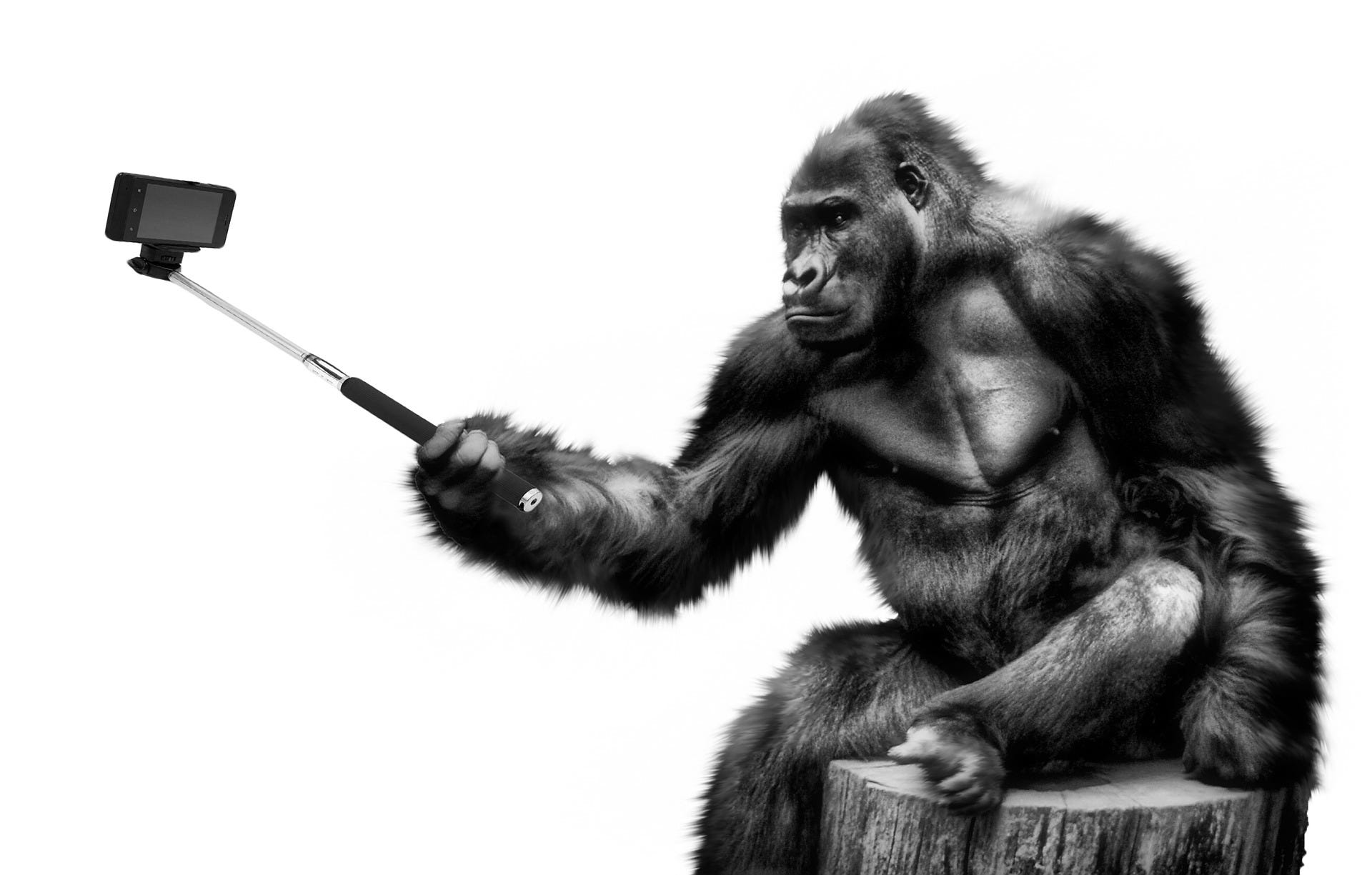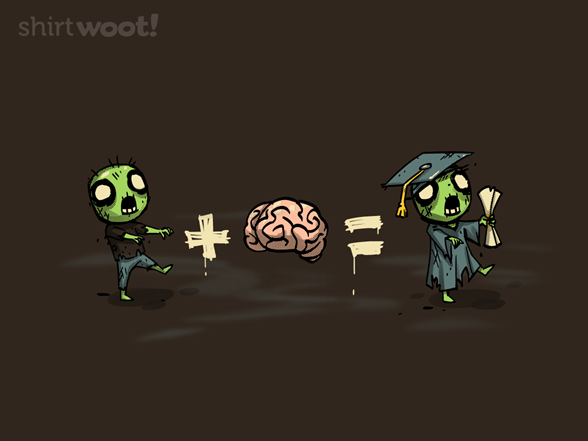
“We are just an advanced breed of monkeys on a minor planet of a very average star. But we can understand the Universe. That makes us something very special.”― Stephen Hawking
In 1967 a group of scientists placed five monkeys in a cage. In the middle of this cage stood a stepladder with a bunch of bananas on top. Every time a monkey climbed the ladder to get the bananas, the scientists hosed down the other monkeys with ice cold water, but not the offender.
After a while, whenever a monkey would venture up the ladder, the other monkeys would pull it down and beat that monkey to avoid being hosed. In time, no monkey would dare to climb the ladder at all. The scientists went on to replace just one of the monkeys with one new one. As you would expect, not knowing what previously transpired, the first thing the new monkey did was to climb the ladder. Seeing this, the others pulled him down and beat him up before they were hosed. Every time this same new monkey tried to climb the ladder, he was beaten up. Soon the new monkey never tried to go up the ladder, he simply gave up.
The experiment continued…
Next, a second monkey was substituted and the exact same behaviour was observed. This time however, the previously new monkey joined in the beating up of the new second monkey! This pattern continued as a third, fourth and fifth new monkey was introduced. In the end, there were five new monkeys. None of these new monkeys had ever received the ice-cold hose treatment. However, they would still beat up any monkey who dared to climb the ladder.
This experiment shows how over time a certain mindset becomes the norm. Your brain is wired to find patterns and create habits to safeguard your precious energy for your body to survive. The longer you follow these patterns of behaviour the deeper they bed in.
Unbeknownst to most of us, we gradually train ourselves to use our cognitive capacity less and less. As we increasingly hand our thinking over to technology, we lose the advantage we have honed over thousands of years that has placed us at the top of the evolutionary food chain above other animals.
Digital Dementia and Digital Zombies

In a study focused on London taxi drivers, researchers took intermittent scans of the taxi drivers brain structures. The goal of the study was to measure their performance on memory tasks as they drove the streets of London. The researchers found an increase in grey matter — the nerve cells in the brain where processing takes place — in the hippocampus. The cab drivers brain structure had adapted to how they used their brains.
When presented with the option of using an escalator or a stairs most of us choose the escalator. Your brain only makes up 2% of our body mass, but uses 20% of your energy. This means your brain needs to be an efficient computer and will always steer you to take the escalator unless you train it otherwise.
Now think of the last time you reversed your car into a parking space. You most likely used the assisted parking features of your car. If you were to have these removed from your car, you would have to retrain your brain how to park without digital assistance.
“Take Google Maps or Waze. On the one hand, they amplify human ability — you are able to reach your destination faster and more easily. But at the same time, you are shifting the authority to the algorithm and losing your ability to find your own way.” — Yuval Noah Harari
A Digital Zombie is a person using digital technology and/or social media to a point that they become fixated only in that faux reality. Typical signs attributed to Digital Zombies is a difficulty looking people in the eye or carrying on healthy conversations, as well as displaying signs of early onset dementia or Digital Dementia.
Digital dementia is a term which explains our over-reliance on digital devices such as smartphones and other technological devices. This reliance on technology can lead to issues with memory and cognitive skills.
Voice-controlled assistants, driverless cars and a plethora of technological assistance is on the rise. The more this tech advances, the less us humans will know how to use that tech. Eventually, artificial intelligence will be coding itself. Just like the monkey cage banana experiment over time, we will forget that we once used to do things manually.
Many people argue that with every industrial revolution, there are new jobs created that balance out the jobs lost, but what happens when we run out of jobs? AI is advancing at such an exponential rate it will decreasingly require human help. Initially, human intervention may be required to train AI, but it will quickly surpass the need for the human. The human is like a stabiliser wheel for the AI until it is no longer required.
Consider the company Workfusion, which offers work automation solutions. The company determines tasks to be outsourced to marketplace platforms like Elance and Fiverr.com and then automates those tasks.
Initial phases are done by human “training wheels”, but eventually the training wheels are no longer required and outsourcing is determined by software.
As the freelancers complete their work they are monitored, including speed, accuracy and ultimately cost. The savings don’t end there, Workfusion’s machine learning algorithms learn from the freelancer and ultimately learn how to replace them with even less expensive solutions. Workfusion targets 50% cost savings in year one with a further 20% in year two, when the machine has learned from the human.
Some may argue that artificial intelligence and automation will remove the drudgery of certain roles carried out by humans today. The premise is a utopian one, that we will have more time to enjoy life and pursue our true purpose.
Here is the issue I propose for this Thursday Thought. If humankind is dumbing down by over-relying on technology and technology is advancing, then the capability gap will be too wide for humans to ever stay in charge. If technology does all the work, eventually no-one is going to exist who can practice many skills. You can access the tech download a programme to your neural link to learn how to code you might say? But, who has ultimate access to the data you need? The technology is the gatekeeper.
We must take heed of how every generation consumes information. We are aware that we all struggle with our attention, we have adapted to shorter content, to micro content and to binge TV. As a result, we are dumbing down, when we need to be wising up. This is why critical thinking skills are essential for our future. Yes, tech should help with attaining the correct answers but humankind needs to come up with the correct questions. This should be the goal of education, not just in schools, but at every level of life. Learn to develop your own thoughts, not to learn those of someone else.
Planet of The “AI”PES
“I visualize a time when we will be to robots what dogs are to humans, and I’m rooting for the machines.” — Claude Shannon

The French author Pierre Boulle’s 1963 novel La Planète des singes, was translated into English as Monkey Planet which became the 1968 film Planet of the Apes. *Spoiler Alert* In the movie, Charlton Heston played a 20th-century American astronaut George Taylor, who travels to a strange planet where intelligent apes dominate mute, primitive humans. In the finale, Taylor stumbles upon a ruined Statue of Liberty and realises he has been on Earth all along, Earth had been destroyed by man in a nuclear war.
Planet of the Apes is about a world in which humans and intelligent apes clash for control. In Planet of the Apes the world is ruled by apes and man is slave labour. On this burgeoning “Planet of the AIPES” replace the ape with a superintelligence, an artificial intelligence, an algorithm.
If our superior intelligence compared to other life on earth propelled us to the top of the hierarchy, our diminishing intelligence and the rapid advancements in artificial intelligence will relegate us quickly.
A non-feeling machine can make decisions with conscious, decisions humanity has not yet dared to make.
“I do not know with what weapons World War III will be fought, but World War IV will be fought with sticks and stones.” — Albert Einstein
THANK YOU FOR READING
This weeks innovation show is EP 133: The Persuasion Code: Patrick Renvoisé: How NeuroMarketing Can Help You Persuade Anyone, Anywhere, Anytime
The key to success in sales and marketing often lies in the art of persuasion, but in a world of distractions, it can be challenging to capture the attention of your audience and tap into their decision-making process.
Today’s guest is the founder of SalesBrain, the world’s first Neuromarketing agency, built upon two decades of research on the effect of advertising and sales messages on the human brain to create a breakthrough persuasion strategy. Based on the latest research in neuroscience, media psychology and behavioural economics, today’s guest makes understanding the complex science of persuasion simple.
We will discuss the award-winning persuasion model, NeuroMap™, a science-based, comprehensive yet simple step-by-step process that helps develop successful marketing and sales messages.
This strategy of persuasion is useful in both business and personal success.
Today’s guest is the author of the new book, The Persuasion Code: How Neuromarketing Can Help You Persuade Anyone, Anywhere, Anytime, Patrick Renvoisé
- We share some of the 188 cognitive biases
- We talk recency bias and primacy bias
- We share the candy equation, the gain maximisation bet and the loss avoidance bet
- We discuss how the biases can be unlocked to maximise our sales or marketing messages
- Patrick shares what is happening with our brains and our emotions and how they impact and guide our choices
- Patrick shows how marketers need to create the emotion that nudges people towards your product and brand
- Patrick discusses how we can unlock sales using the Salesbrain models and NeuroMap
- Patrick shares the 6 stimuli for persuasive messages
- We discuss the 6 persuasion elements and the 7 persuasion catalysts
Have a listen:
Soundcloud https://lnkd.in/gBbTTuF
Spotify http://spoti.fi/2rXnAF4
iTunes https://apple.co/2gFvFbO
Tunein http://bit.ly/2rRwDad
More about Patrick Renvoisé and NeuroMarketing here:
The book is here: